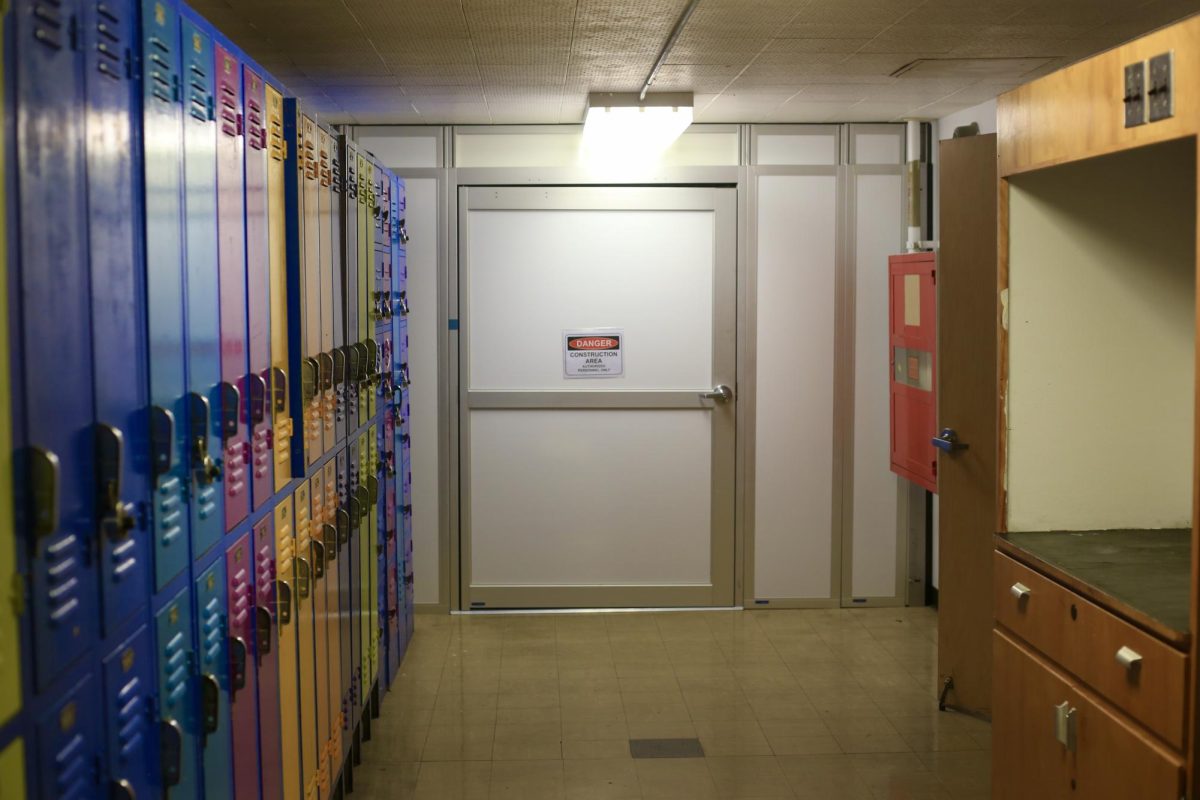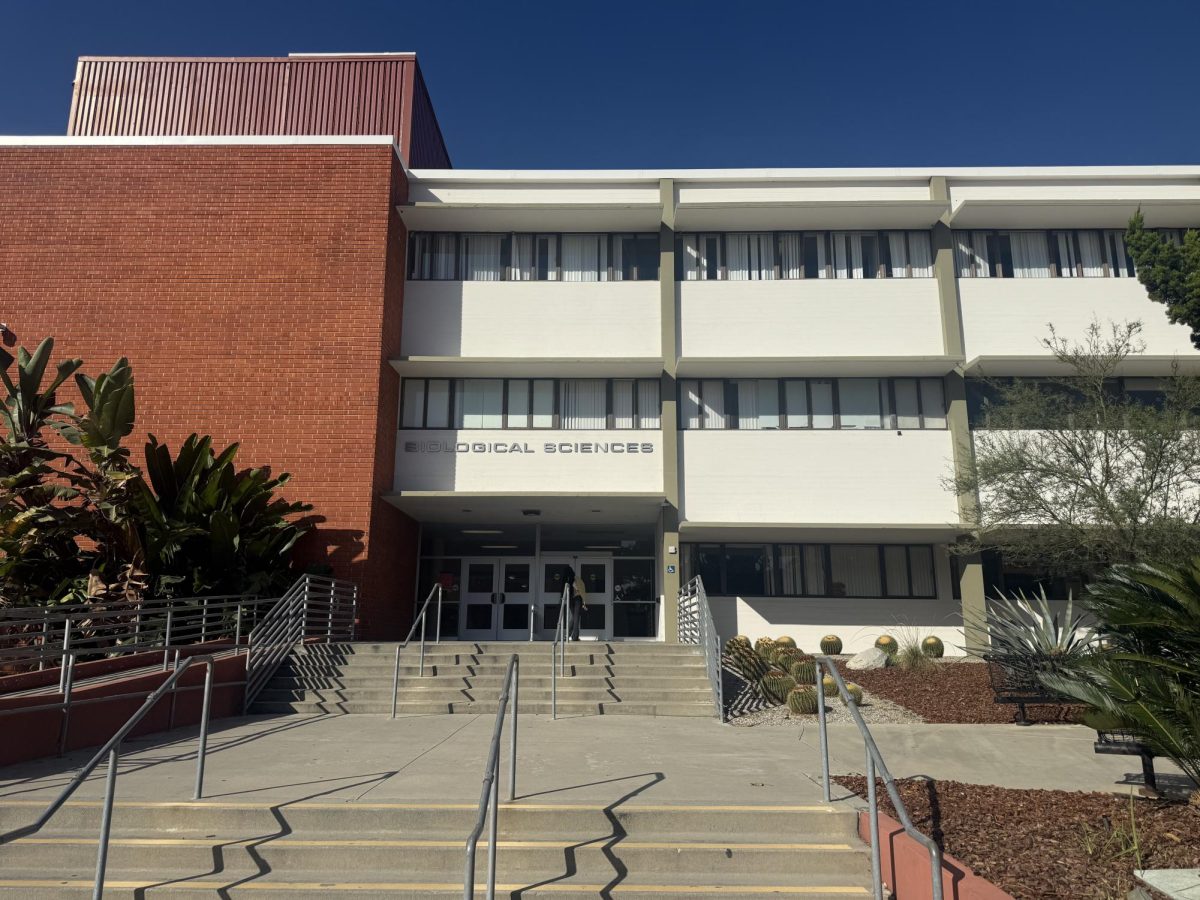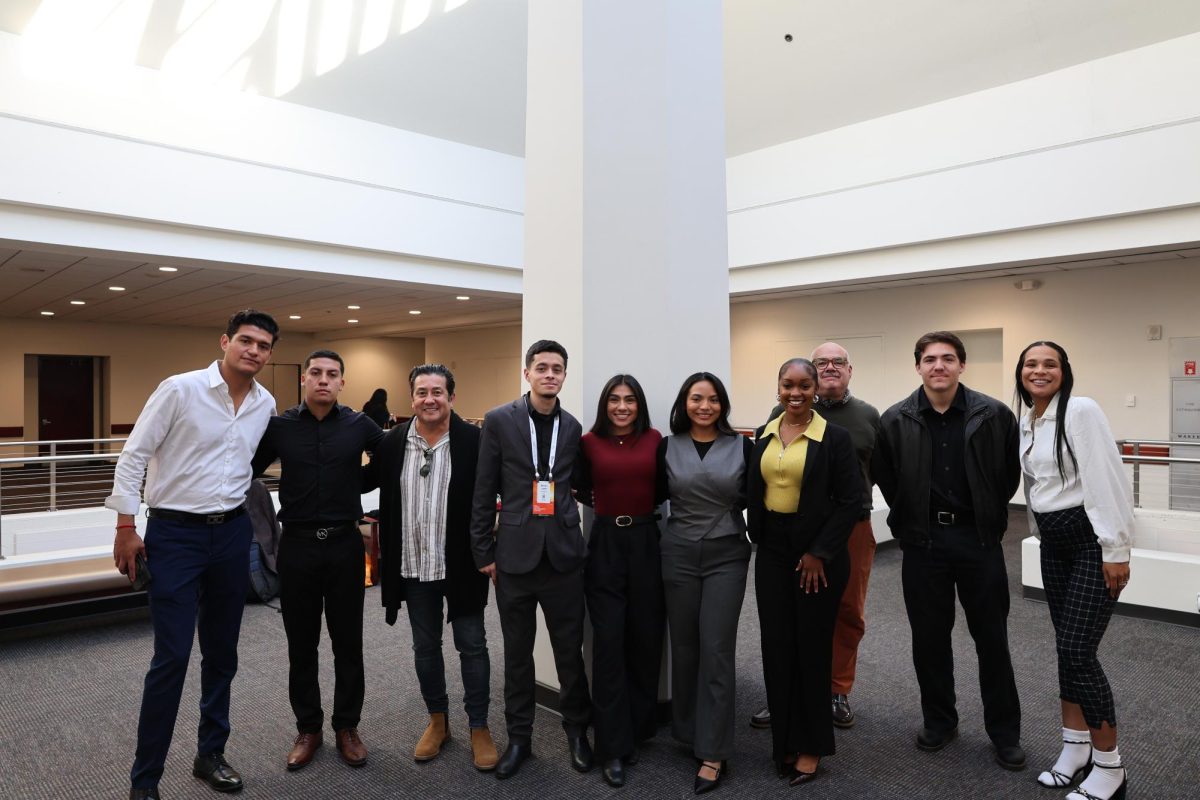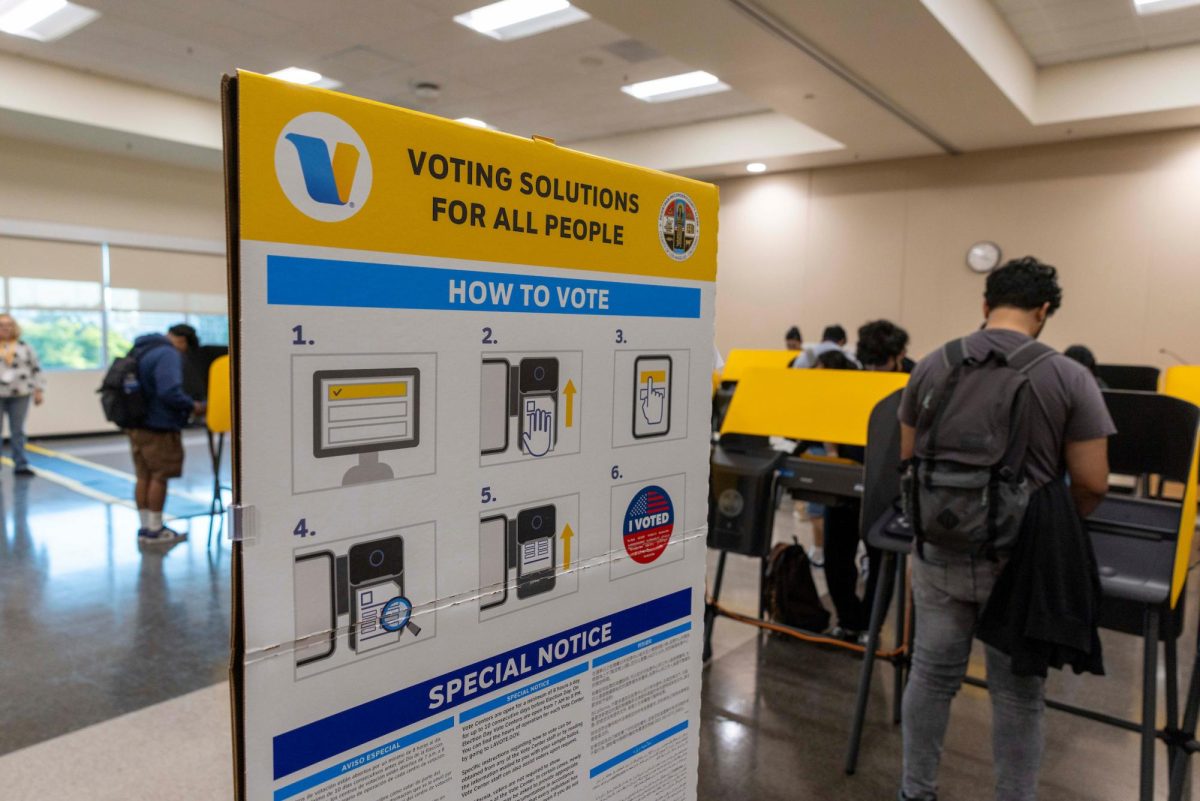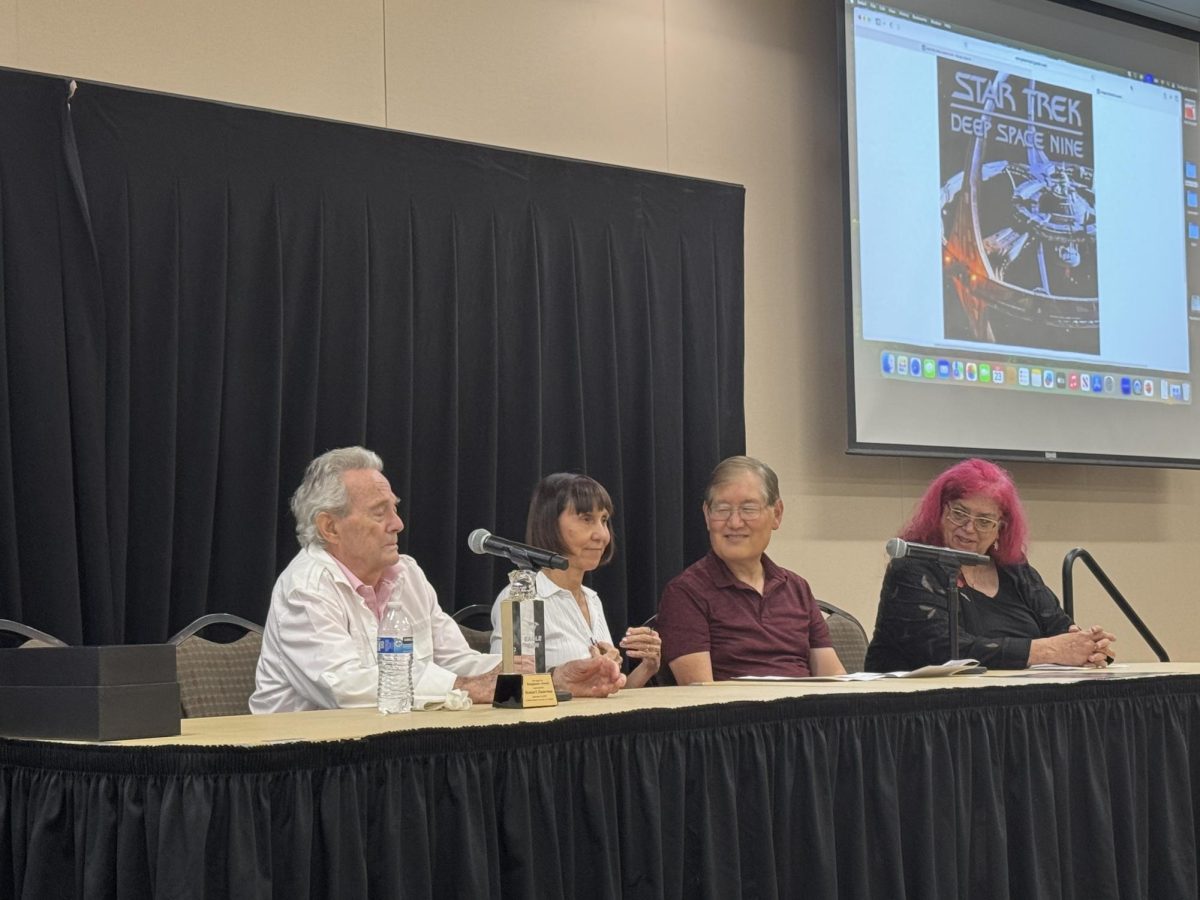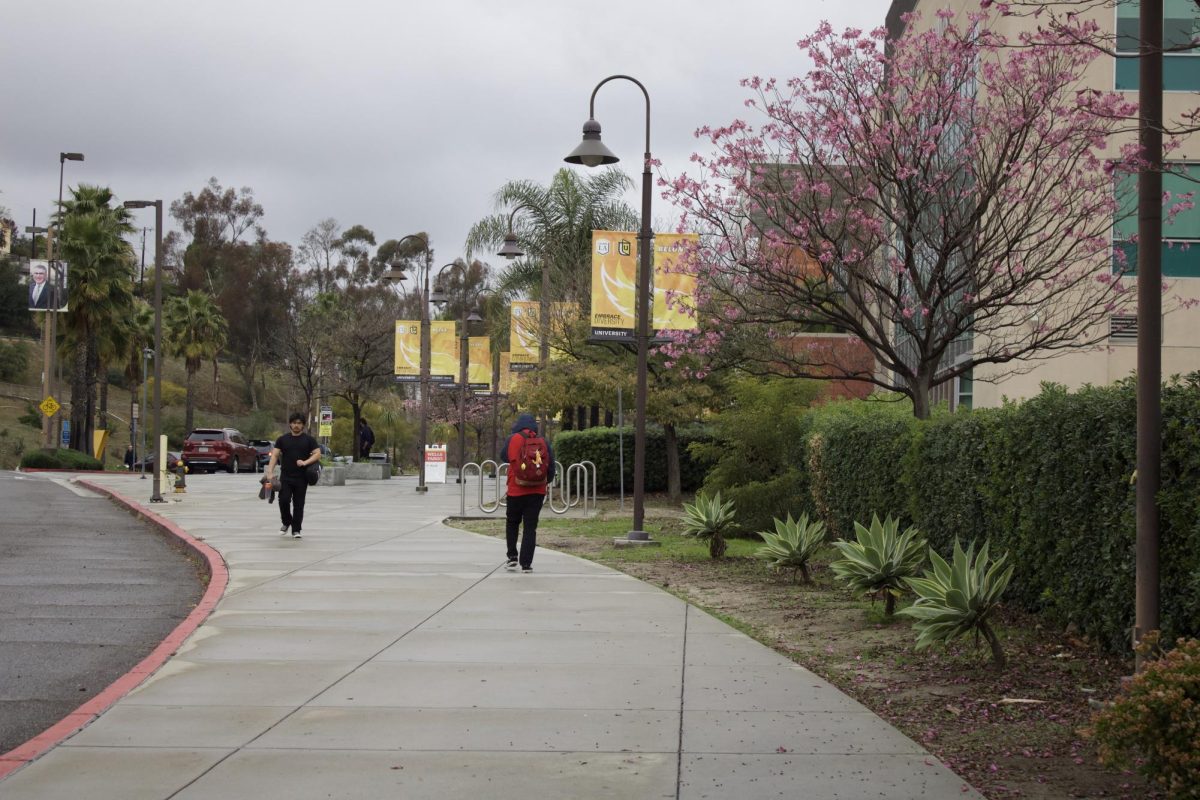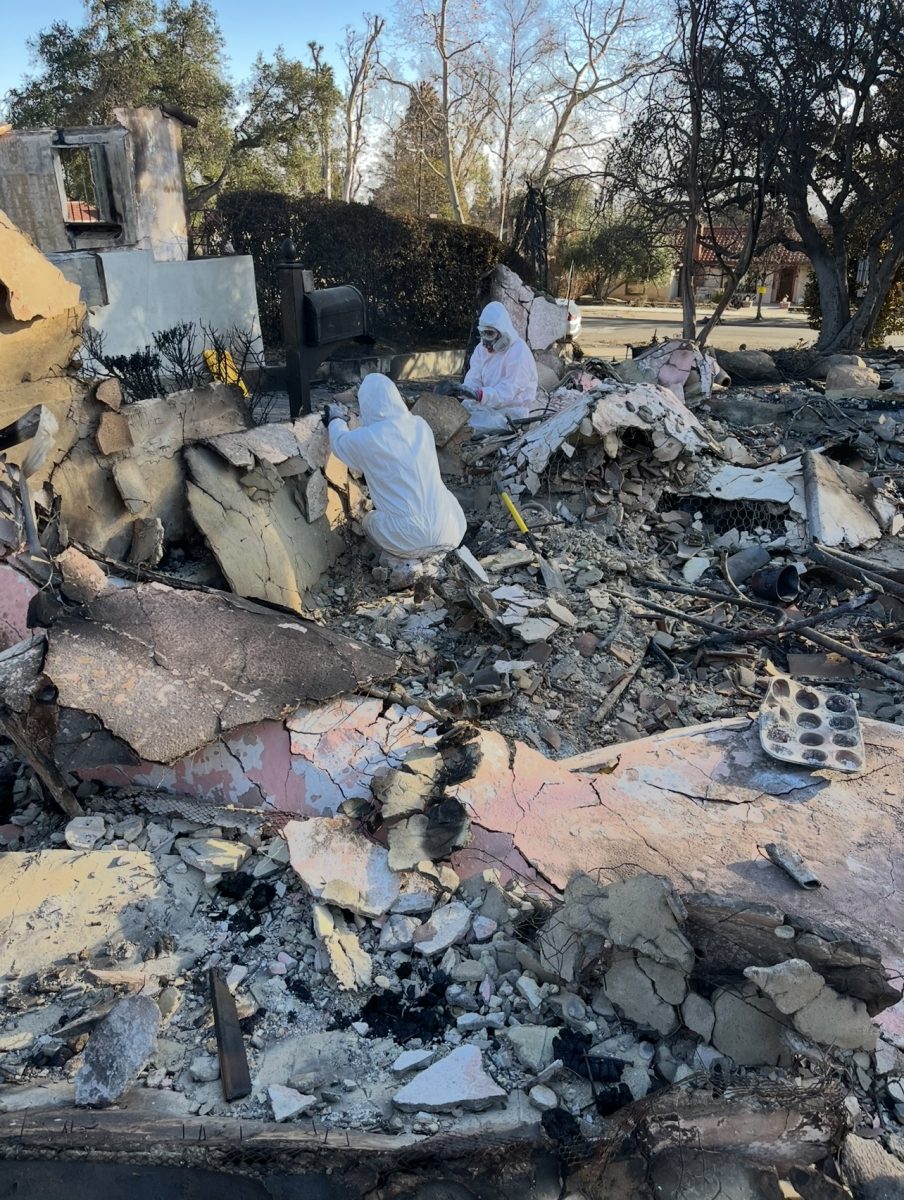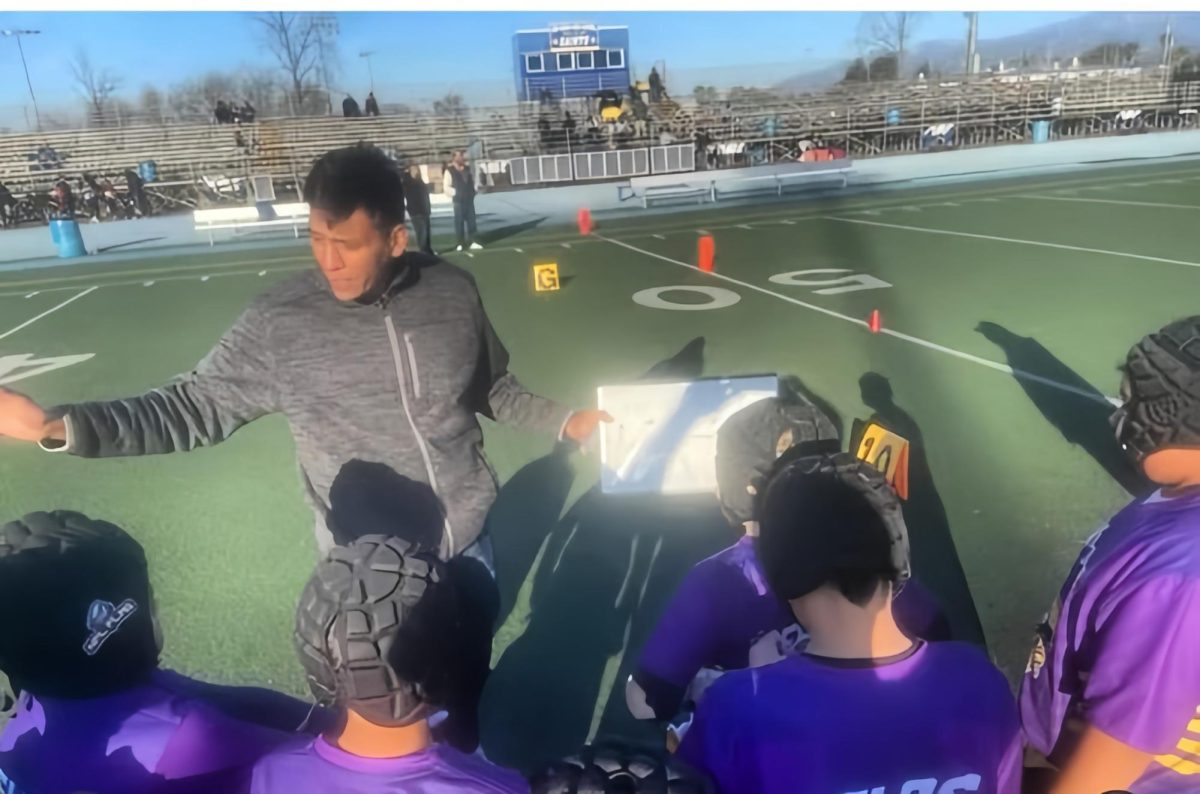After a full-year of isolation due to the pandemic, students are still struggling to adapt to online learning. However, not for the same reasons as before. Due to some professors not providing Zoom meetings or pre-recorded lectures, students report they are struggling while trying to “teach themselves” during another remote semester.
In an informal survey conducted by the University Times of 49 students, 58.3% of them preferred weekly Zoom meetings while 27.1% preferred pre-recorded lectures uploaded to Canvas. On the other hand, 14.6% of those students preferred no Zoom meetings or pre-recorded lectures.
The survey also found 79.6% of students would go to their classmates for help first compared to the 20.4% who would go to their professors for help first.
Like those in the survey, pre-criminal justice major Lesley Analco said she found herself relying more on her classmates than her professor for help with her class.
“Thankfully, we have social media platforms where we can rely on each other and answer each other’s questions,” said Analco.
With no class Zoom meetings or pre-recorded lectures, Analco said that she felt too intimidated to get in touch with her professor because she does not know them enough to email them. Analco also said that most of her professors have told her to ask the peers around her if they know anything before emailing them.
She said that she is practically teaching herself the material: “We are at the point where college essentially is looking at Canvas and opening up slides among PDFs. We have to read and comprehend everything by ourselves, as we have no class or recorded videos from the professors.”
Analco added that despite having to re-read assignments and not understanding exactly what her professor is asking for, the guidance her classmates give her has been very helpful.
However, Analco said her experience so far has changed her perspective of college as a first-year student. She said she thinks that “college is a scam” since she is paying to teach herself this semester.
Pre-child development major Jessica Romero said that she is practically learning from a textbook as she has to read two to three PDFs that have around 20-30 pages plus the additional 10 pages of assigned reading from the textbook.
“I am definitely not the only one struggling with this class. Many of my other peers have shared that they wish the professor[s] would have Zoom meetings or at least a pre-recorded video to explain more of the topics,” said Romero.
Like Analco, Romero said that having group chats with her classmates has helped her a lot when she doesn’t understand something. She added that this is the only class where she has a group chat with her classmates because there is no need for her other classes since they meet on Zoom.
According to Romero, the professor said from the beginning of the semester that the class would not have any Zoom meetings and that students are expected to complete the required readings and assignments. Romero said she understands that it is an online class but that does not mean that there should be no Zoom meetings at all.
“I do believe that the school should be required to ask for our input. We pay tuition to be taught not to teach ourselves, the most they can do is ask for our input,” added Romero.
Romero said she has had no motivation to go to the department chair or her professor to discuss her concerns because she doesn’t think that they would listen to students.
Romero attended the Associated Student, Inc. (ASI) meeting about the cheating scandal and didn’t see student concerns addressed. “Just hearing other students’ experiences is what makes me not want to go to [ASI]. Like what’s the point if they won’t bother,” added Romero.
The ASI president, Diana Chavez, said issues have been brought up to her attention from students regarding this problem. Chavez said that professors not providing zoom meetings or pre-recorded lectures is “inequitable and not inclusive.”
She added that students have expressed to her that meeting on Zoom helps them “feel a sense of belonging to the university” and it also keeps them motivated. Chavez said that even pre-recorded lectures can benefit students who have a lot on their plate and need help catching up.
“I plan on meeting with the Center for Effective Teaching and Learning (CETL) once again to learn more about equity in classrooms and hope that professors will realize that pre-recordings and meetings through Zoom are helpful,” added Chavez.
Having one class that doesn’t provide Zoom meetings or pre-recorded lectures can be tough but biology major Enrique Surio said he has it worse with three of his classes contributing to this problem.
“Science is not easy by default, but having to read and complete modules [for three classes] on Canvas on a weekly basis certainly doesn’t help,” added Surio.
Surio said he finds himself watching YouTube videos for his classes that require experiments. He added that he was lucky enough to get the option from some of his professors to meet on Zoom but most of the students in those classes voted against having a meeting.
Surio said his communication with his professors has lacked this year but only because they are “decreasing the amount of days they offer office hours,” which he finds unfair to students. Originally, Surio’s professors would offer office hours throughout the week but it has now been reduced to one day of the week or by appointment only.
This has made Surio more reliant on his classmates for help since his professors are not providing enough time for him. “I don’t think what we are paying is worth what we are actually receiving as students,” added Surio.
Unlike most students, biology major Aaron Cruz said he has had no problems with his professors this semester in regards to the issues other students are facing.
Cruz’s professors have provided both Zoom meetings and pre-recorded lectures. He said that pre-recorded lectures help him catch up if he misses something in class but he “prefers the weekly Zoom meetings” since he likes having a set time to focus on his classes.
Cruz said he had nothing bad to say about his current education other than the classroom environment in his online class meetings: “There isn’t much of a connection with other students in my classes.”
He added that he has experienced a lot of “awkward silences between comments,” due to
students not participating in Zoom class conversations. Cruz said that the silences also affect the breakout room experience leaving many of the rooms silent because students are not face-to-face.
“This is frustrating because it prolongs the lecture and leads to periods of silence,” said Cruz.
Cruz added that he did not find it hard to create a relationship with his professors because “it is on the students to try to make a connection.” Overall, Cruz said that he believes he is getting his money’s worth from the lessons provided by his professors.
“Of course, it is not the same as learning in person. However, the professors are trying their best and adapting to the pandemic,” added Cruz.
The Office of Communications and Public Affairs was unable to be reached for a comment despite an email and a phone call.
According to CETL, they can only recommend the best practices to teach since professors have freedom on how to teach their classes. If professors are struggling, CETL offers intensive semester-long course redesign programs to help professors conduct online classes.
According to their website, the CETL Designing Online Courses (DOC) Program walks faculty through the planning, design, and development of a hybrid or fully online course—all in the span of a single semester.


